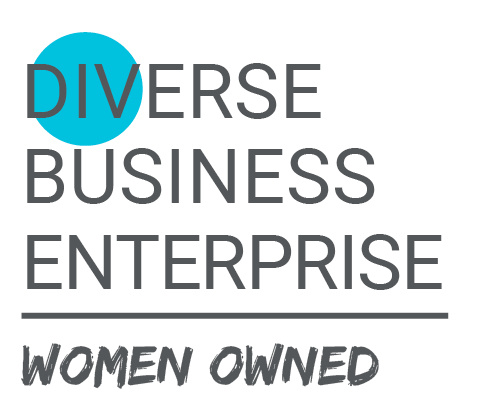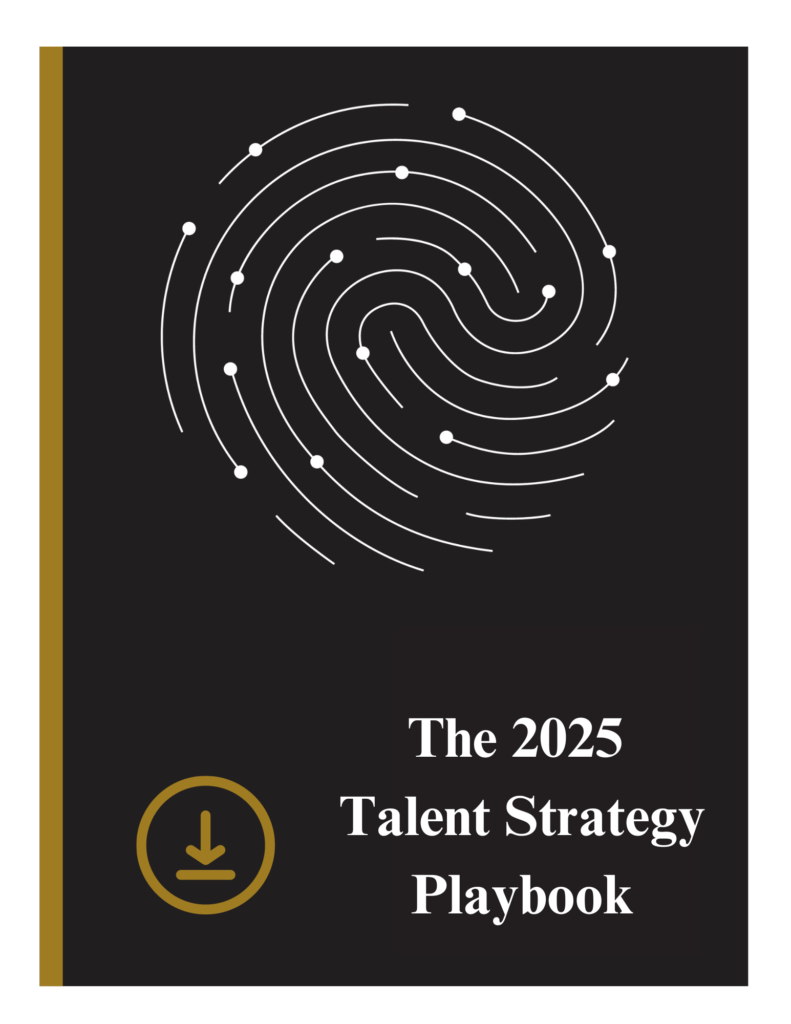by Nicole Degi
One of the most important things an organization should get right is their employee retention strategy. We often reflect on why a particular individual may have left their role, which is important to do, but it is also important to look at why employees stay with a company long-term.
We have seen a shift in the market with employees exiting companies and companies restructuring their workforce. As an organization that wants to retain top talent, it is important to listen and understand your employees’ needs; keeping that time of mind will make them (and your organization) successful for years to come.
Here are some of the top employee retention strategies you can implement today:
- Offering Flexibility: Flexibility is highly valued by employees, especially in the post-pandemic era. It not only helps in achieving a work-life balance but also fosters trust and loyalty.
- Competitive Wages: This should be at the top of the list if you want to retain top talent. If you are not sure where to start, do some research into the cost of living, what competitors are paying, what kinds of raises and bonuses have been paid and then base your salary for the role from there. Competitive salaries are a fundamental factor in retaining talent and regularly reviewing and adjusting salaries to match market standards should be something that should be part of your process.
- Recognize and Reward: Recognition, whether public or private, is a powerful motivator. It boosts morale and makes employees feel valued. Financial rewards, bonuses, and non- monetary perks can also play a significant role.
- Culture, Culture, Culture: This is a word that you will hear more and more about but before saying we have a great company culture assess what your company culture is so you can engrain this into your organization. Some of the items in the employee retention list will be part of your company culture but other things to think about could be your company’s values, mission, DEI initiatives, and community involvement.
- Employee Engagement Opportunities: Team-building activities and social outings contribute to a positive work environment. They foster relationships among team members, improving collaboration and overall job satisfaction.
- Benefits/PTO: Comprehensive benefits, including health coverage, retirement plans, and paid time off, contribute to employee well-being. These are often considered crucial factors in job satisfaction.
- Reduce Burnout: When employees feel overworked and not supported it will lead to
employee burnout. As a direct supervisor, make sure you are doing weekly check-ins with
your employees to understand their workload, how they are feeling, and where they need
support. Regular check-ins, workload assessments, and providing necessary support are vital
in preventing burnout. Encourage a healthy work-life balance and make sure employees feel
supported in their roles. - Opportunities for Growth: Employees are more likely to stay with a company that offers opportunities for professional development. This could include training programs, mentorship, or a clear career path within the organization.
In addition to the above, continuous feedback mechanisms, transparent communication and a commitment to diversity, equity, and inclusion (DEI) can further enhance your employee retention efforts. Regularly reassessing and adapting these strategies based on employee feedback and market trends is also important to ensure their ongoing effectiveness.
If your employee retention and talent strategy could improve, reach out to us to discuss how our talent optimization services could benefit your organization.



















